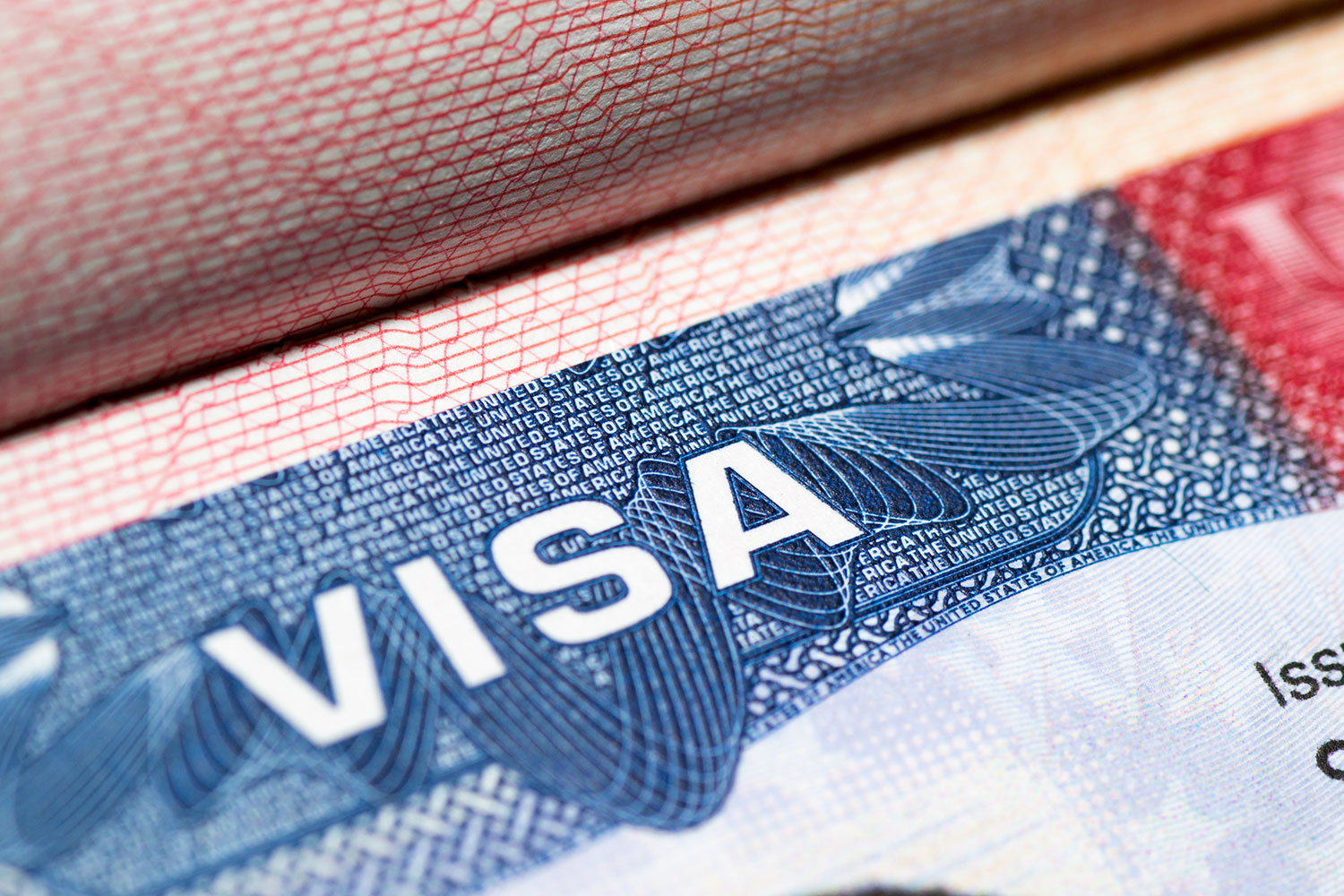
What Financial Requirements Must Visa Applicants Meet to Avoid a Public Charge Denial under the “Insufficient Financial Resources” Criteria?
In a previous article (“How is Public Charge Determined Under the “Insufficient Financial Resources” Criteria?”) we discussed that under the Trump administration’s new policy, which took effect on October 15, 2019, you could be denied a green card within the United State if you have insufficient financial resources. This would be the case even if you have never used government benefits in the past, and meet all of the required criteria to demonstrate low likelihood of using government benefits in the future.
We advised that under the previous public charge policy, the majority of visa applicants had been able to avoid the “public charge” bar by submitting a financial sponsor’s Affidavit of Support (Form I-864), accompanied by evidence of meeting the statutory income threshold, defined as 125% of the Federal Poverty Guidelines. Under the new policy, however, DHS imposes similar financial requirements on the applicant, not just the sponsor.
What financial requirements must visa applicants meet to avoid a public charge denial under the “insufficient financial resources” criteria?
It appears that at a minimum, visa applicants will have to demonstrate household income (or asset equivalent) of at least 125% of the Federal Poverty Guidelines. In addition to this minimum allowable income, DHS provides an entirely new and higher household income threshold at 250% of the poverty guidelines, to indicate at what income level applicants can safely avoid a public charge denial based on the financial resources criteria.
This could mean that to safely avoid a public charge denial, an applicant would need to show annual household income of $41,150 (for a couple with no children), and up to $73,550 (for a family of five) or higher.
Without question, certain visa applicants; such as, families with large number of children, the elderly, and disabled individuals; will encounter much difficulty in meeting the set financial requirements, leading to an increase in visa denials.
If you have any questions about the “public charge policy” or any other immigration matter, contact our attorneys at the Law Offices of Azita M. Mojarad, P.C. Our experienced immigration attorneys can advise you on what actions to take to avoid jeopardizing your ability to obtain the immigration benefits you seek.



